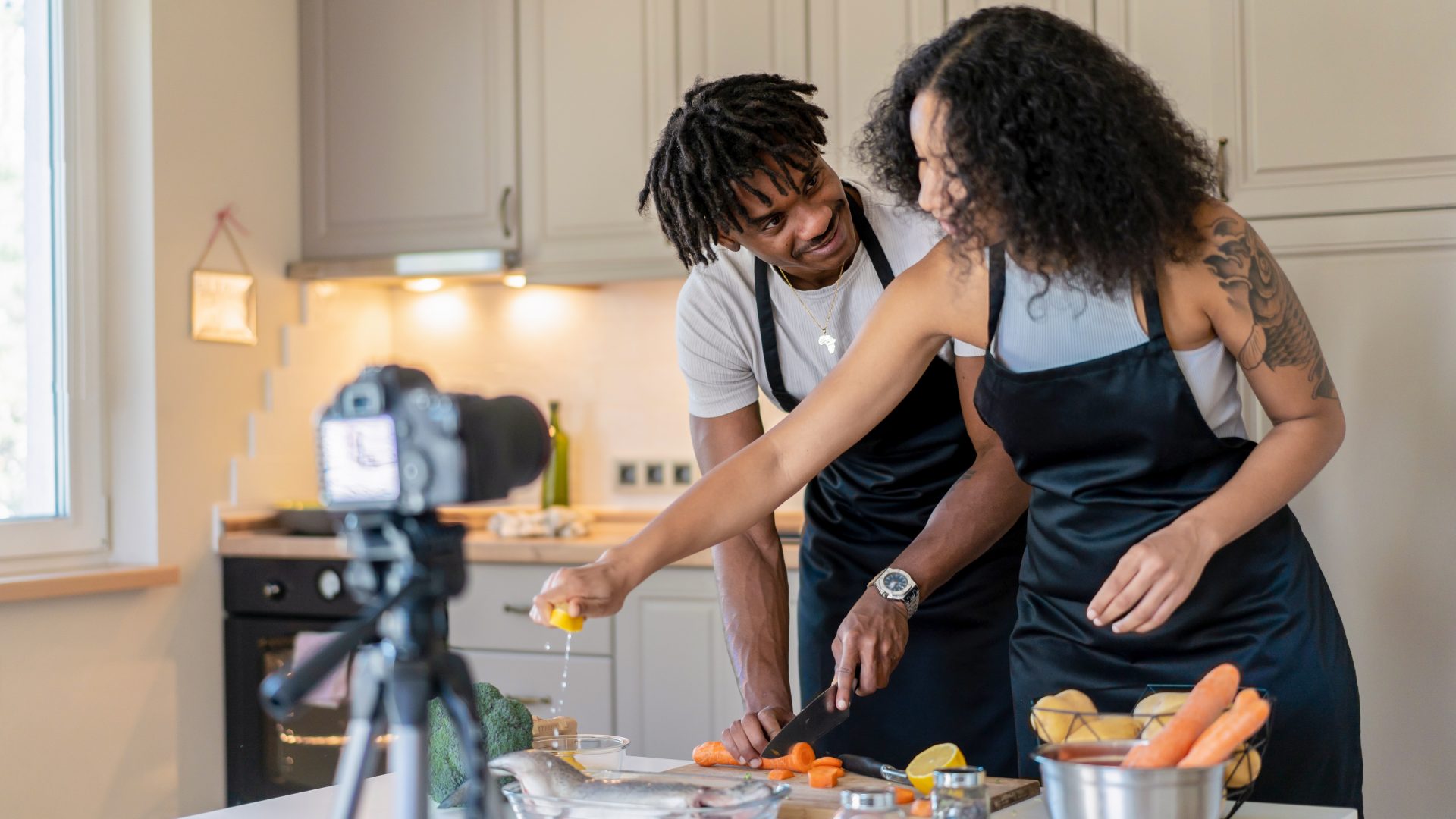
Influencers who document their lifestyles are willing to give strangers an ‘inside scoop’ into how they live. In exchange for clout and sometimes monetary gain, viewers can be entertained by a creator’s decisions, develop opinions about their habits, and even critique their choices. Any lifestyle influencer has consciously decided to broadcast personal information, which benefits them and the watcher. However, there are no limits. Anyone can voluntarily share intimate details about their life, and users can voluntarily curate think-pieces about the topic and be influenced by the conversation. If willing and able, no one technically has to have boundaries on the Internet (unless it is illegal, of course)–which raises the question, just because you can, does that mean you should?
‘Boundaries’ is a buzzword on social media, and conversations resurface every so often about what limits creators should have on the Internet. Recently, there has been discourse about influencers documenting their dating experiences. Creators have been condemned for their content surrounding it. Some users believe that aspect of their lives should be off-limits to the public. The most popular reason mentioned is that it’s unfair to the other person. Creators will leave reviews of their dates, including rating the person’s personality, gestures, style, conversation, etc., and the other person (sometimes) has no clue their experience will be dissected on social media later. People consider sharing details about an intimate experience with a stranger they are getting to know morally wrong.
Therefore, what, if any, content created around dating could be considered ethical? According to Relationship Expert Nikquan Lewis, it depends on the information provided to the public. “For people who are giving a general overview of their date, that’s one thing. But I’ve seen that some give quite a bit of detail, and now they’re crossing into the unethical piece of it,” she says, “if you are giving identifying factors, whether it be age or job, now you could be causing harm, and then that’s a problem. That is more so of a black-and-white way to look at it.”
Trolls are real, and Google is an effective search engine. If anything said about a person is Googled, and they’re immediately recognized, the audience knows too much. Not to mention, sometimes consent to discuss the date isn’t granted. Even if the viewers can’t identify the person on the date, the person on the date can know if a creator is talking about them, which can be emotional. “Always be mindful of the impact, whether positive or negative,” Lewis shares. Therefore, she recommends communicating to a date that you’re a content creator or chronically posting online, at the least. They can judge and respond if that raises a red flag. “You might want to be a little strategic in how you say it, but let them know that you’re an influencer.”
That’s a middle ground that influencers can hopefully support. Creator Fanta Cherif, known for her content about dating in DC, agrees with and has already practiced those boundaries. “Every time I do a video about dating, I make sure that I’m centering it around my experience, my learnings, etc., and really not honing in on who the person is.” Shifting the focus away from rating the other person is a great way to make them more comfortable consenting to the content. It also allows viewers to care more for the creator than the other person on the date, limiting their interest in discovering who the person is. There’s a difference between dating journey content and content just about dates.
Though the conversation around creating dating content is viewed as unfavorable for those reasons, there are positives. Dating is such a taboo topic, especially in the Black community. Young girls aren’t coached on how to date. They are encouraged to explore romantic relationships and learn ‘life lessons’ through them. Dating contributes to emotional development and content creators document that through their experience. “A lot of people thank me for sharing. People don’t want to talk about it [dating] as openly, so I’m happy that I’m able to connect with my followers by showing the light-hearted aspects of dating and also some of the more reflective sides of dating. That’s worked to encourage others to embrace their own journeys authentically,” Cherif says.
Like most social media conversations, there’s a happy medium for all perspectives and hot-takes. Creating content online is helpful for those who don’t have people to help them navigate the world of romantic relations. Influencers must be mindful of boundaries and get consent from the other person. Now that that’s settled, enjoy dating, and let love find you!
About the Author: Shelby Denise Smith is a Social Media Editor and Freelance Writer. She’s passionate about lifestyle, wellness, travel, and culture. Smith enjoys packaging the insight she receives into stories that can positively impact the livelihood of others.